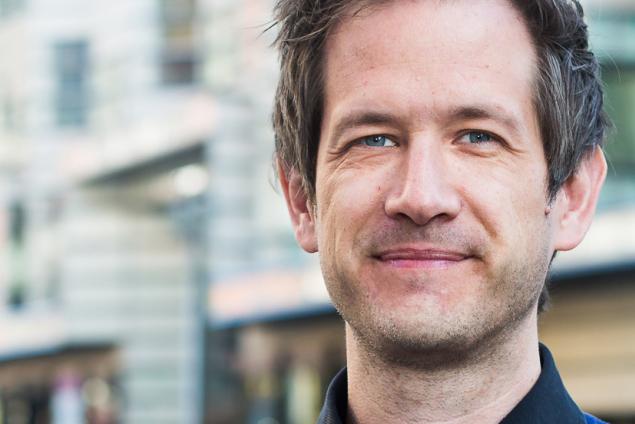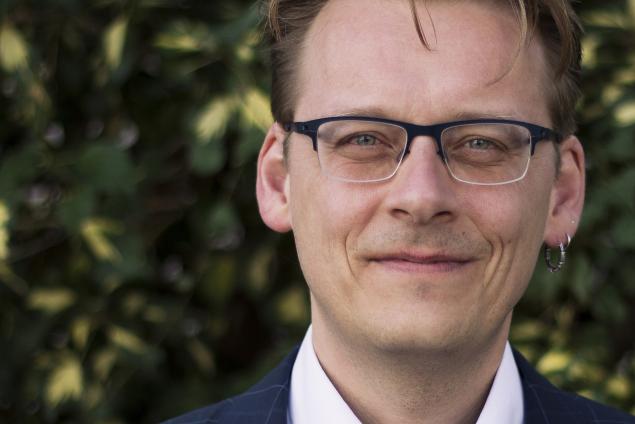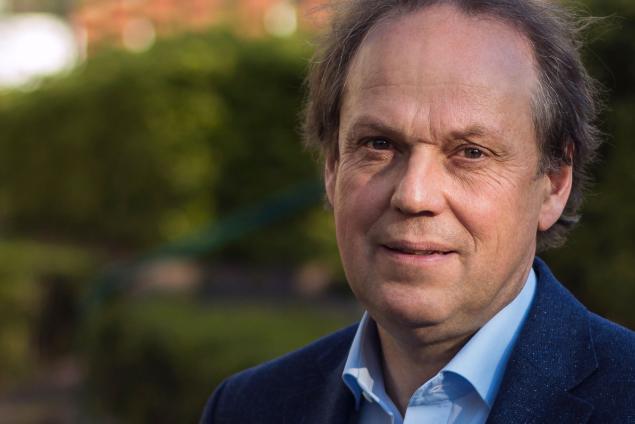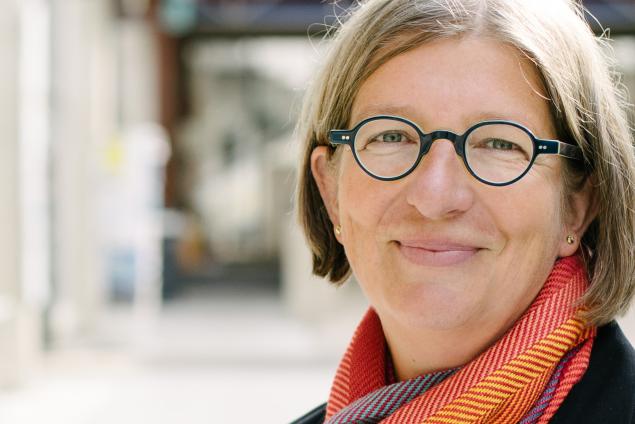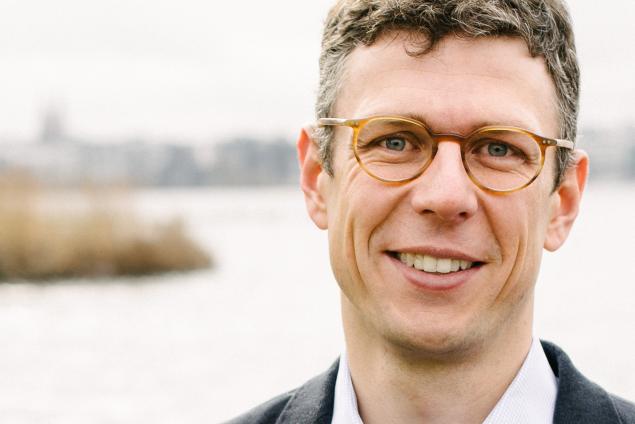Scroll to Section:
Researcher | Institution | Original publication | Reading recommendations | CitationThe migration of refugees is not a problem of the twenty-first century. Historian JENNY RAHEL OESTERLE investigates the question of how people in need of protection were treated in the Middle Ages. Her particular focus in this video is the Arabian Peninsula in the early seventh century, specifically the Islamic context during the lifetime of Muhammad. The term refugee is coined by a modern understanding in the context of national states and international human rights and asylum. The political and legal conditions are clearly different in early Islamic times. The term is applied on early medieval persons in need of protection such as the prophet Muhammad and his followers in awareness of the historical and semantical complexity of its use. As Jenny Oesterle describes, she focused on narrative texts and was inspired by the methods of New Historicism but also considered the legal context. From Islamic historiographies and Prophet biographies, she gained the insight that stories of protection are essential for the understanding of early Islamic history. Muhammad’s role as a refugee, she found, is highly relevant for the development of the first concepts of Muslim protection during the founding of the Islamic communities. This research demonstrates that countries from which many refugees arrive in Europe nowadays, such as Syria or Iraq, already had developed concepts of protection in the Middle Ages.
DOI:
https://doi.org/10.21036/LTPUB10507
Institution

Heidelberg University (Ruprecht-Karls-Universität Heidelberg)
"Heidelberg University, founded in 1386, is Germany’s oldest university and one of the strongest research universities in all of Europe. The successes in both rounds of the Excellence Initiative and in internationally recognised rankings prove that Heidelberg’s excellent reputation and leading role in the scientific community are well deserved. In terms of educating students and promoting promising early-career academics, Heidelberg relies on research-based teaching and an outstanding, well-structured training for doctoral candidates. Heidelberg University is a comprehensive university, offering the full spectrum of disciplines in the humanities, law and the social sciences alongside the natural and life sciences, including medicine. As a comprehensive university, Heidelberg aims to continue to strengthen the individual disciplines and to further interdisciplinary cooperation, as well as to carry research results over into society and industry. With its aspiration of connecting traditional values with future-oriented scientific concepts in research and teaching, the university is building bridges to the future – Zukunft. Seit 1386." ( Source )
Show more
Original publication
Zwischen Religion, Recht und Macht. Schutzgeschichte und Schutzgeschichten von Verfolgten
Habilitation
Published in 9998
Reading recommendations
Cultural Brokers at Mediterranean Courts in the Middle Ages
Published in 2013Labeling the Religious Self and Others: Reciprocal Perceptions of Christians, Muslims, Buddhists, and Confucians in Medieval and Early Modern Times
Published in 2010Kalifat und Königtum. Herrschaftsrepräsentation der Fatimiden, Ottonen und frühen Salier an religiösen Hochfesten
Published in 2009Transkulturelle Komparatistik. Beiträge zu einer Globalgeschichte der Vormoderne (Themenheft)
Comparativ
Published in 2008
